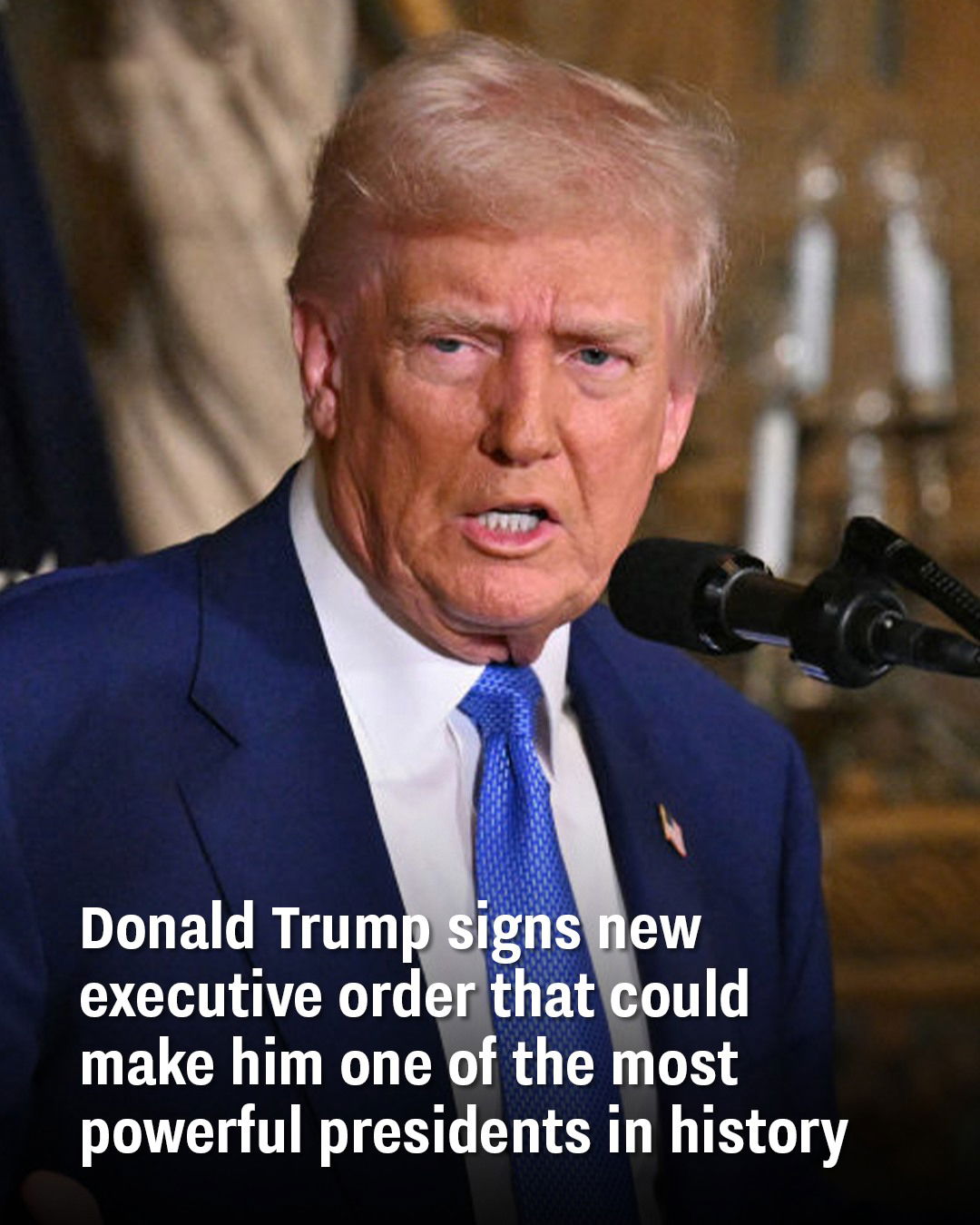The order does not alter the Federal Reserve’s monetary policy independence but asserts that executive branch officials should operate within a unified framework under presidential authority. It designates the Office of Management and Budget (OMB) as responsible for ensuring fiscal accountability and monitoring the effectiveness of regulatory decisions.
Enhancing Government Efficiency
To enforce these changes, Trump has tasked Russell Vought, acting director of the Consumer Financial Protection Bureau, with assessing agency performance. Vought will report directly to the president, recommending budget adjustments and operational improvements as part of a broader effort to enhance efficiency in government operations.
Supporters of the initiative argue that it will reduce bureaucratic inefficiencies, streamline regulatory processes, and improve the effectiveness of federal agencies. They contend that aligning agency decisions with executive priorities will lead to more consistent policies and reduce regulatory uncertainty for businesses and consumers alike.
A Shift in Presidential Authority
The decision to place independent regulatory agencies under White House supervision represents a significant departure from past governance norms. Historically, U.S. presidents have refrained from directly overseeing agencies that were designed to operate independently of political influence. These agencies often have leadership structures that extend beyond presidential terms, ensuring continuity in policymaking regardless of changes in administration.
By expanding executive oversight, Trump’s directive has ignited discussions about the long-term implications of such a shift. While some view this move as a necessary step to curb regulatory overreach and improve government accountability, others caution that it could impact the ability of these agencies to make impartial decisions based on legal and economic considerations rather than political directives.
The Broader Impact on Governance
This policy change underscores ongoing debates about the balance of power between the executive branch and independent regulatory institutions. It raises important questions about how federal agencies should function in a modern governmental structure and whether increased oversight enhances or diminishes their effectiveness.
As discussions continue, the long-term impact of this shift remains to be seen. Whether it leads to improved government efficiency or challenges the traditional role of independent agencies, Trump’s decision marks a significant moment in U.S. governance. Moving forward, policymakers and legal experts will closely evaluate the effects of these changes on regulatory decision-making and public policy.

